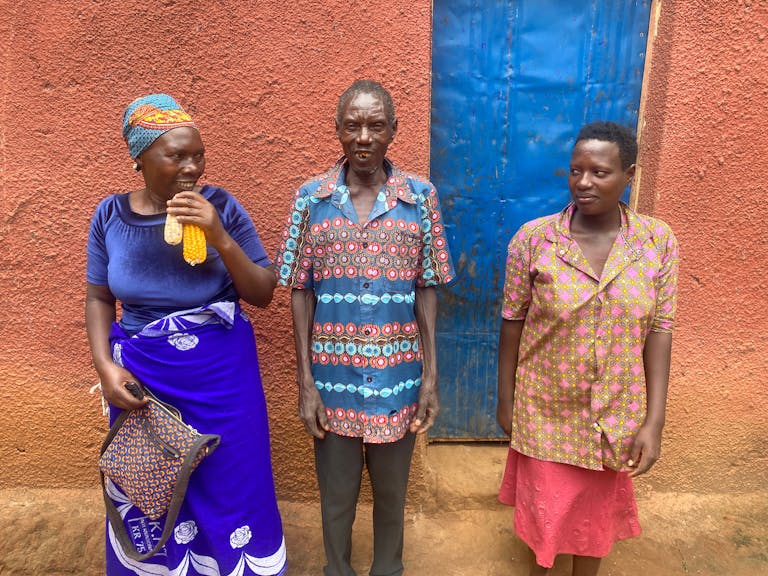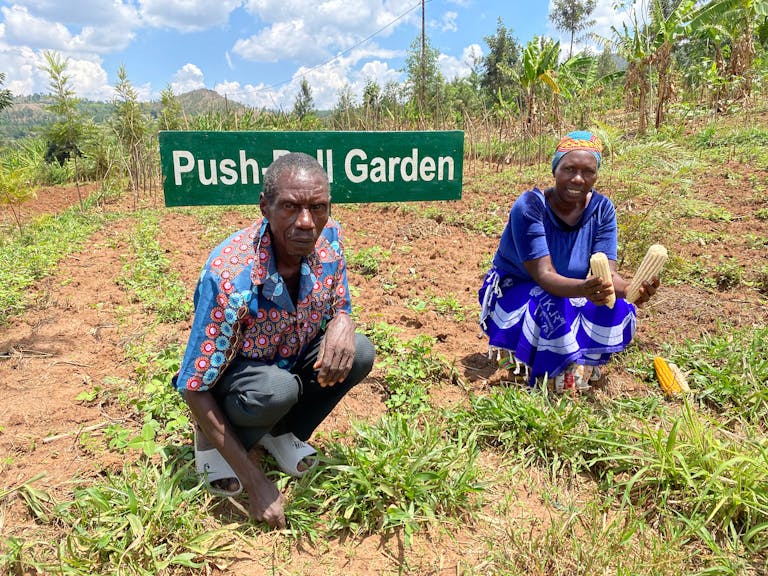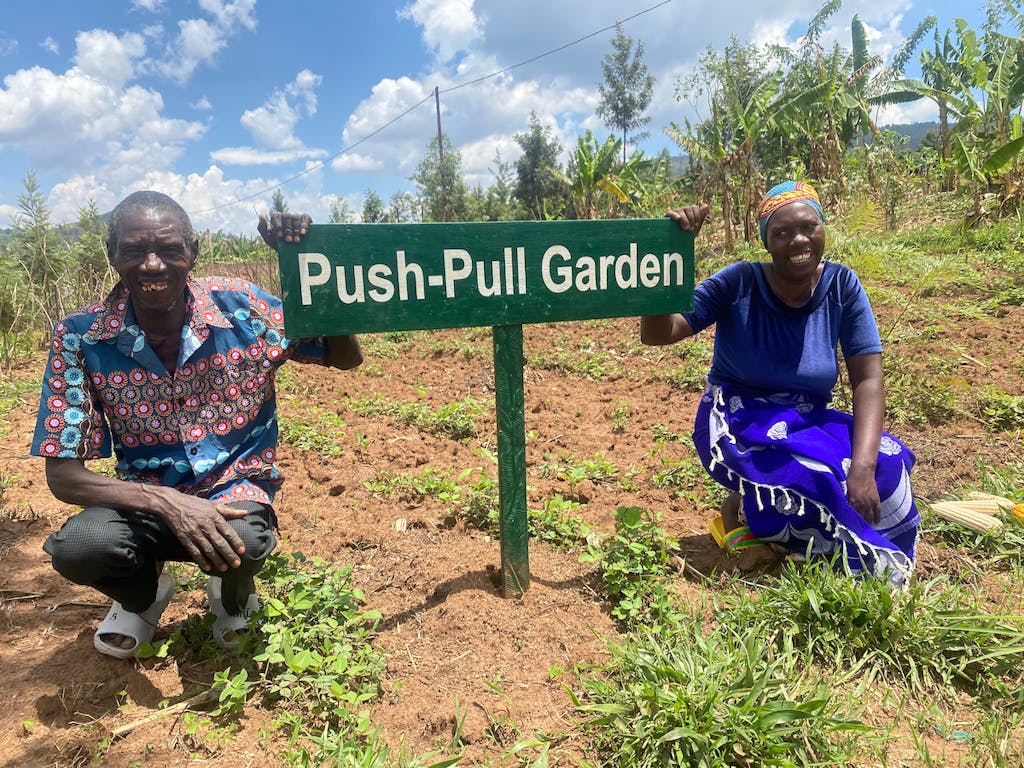A remarkable transformation is taking place in the Nyagitabire community of Rwanda, where a family of four once struggled to put food on the table. Determined to lead a different life, Alphonsine and her husband Cyprien, along with their two children, Selaphine (20) and Emmanuel (17), have begun building a brighter future with the compassionate support of Food for the Hungry (FH). Alphonsine’s journey represents a powerful testament to the impact of modernized agricultural practices and a commitment to self-improvement.

From Hardship to Harvest: A Family Overcomes Food Insecurity
Before FH’s intervention, Alphonsine’s family faced significant challenges. Their primary source of income was agriculture, but they lacked the knowledge and resources to maximize its potential. Their traditional farming techniques were not only outdated but also caused soil erosion, encouraged pests to spread, and created unsanitary conditions. The result was a small yield that left Alphonsine feeling helpless.
“I felt irresponsible and hopeless as a mother for not meeting my family’s needs,” Alphonsine shared. “I was hurt, especially when I worked hard in my small plot of land and produced one month’s worth of food for three months of work.”
Strengthening Livelihoods Through Education
In 2017, FH began working in the Nyagitabire community, offering hope and practical solutions. With FH’s assistance, Alphonsine and her family could improve their living conditions, invest in livestock, and cover essential expenses like school fees and health insurance. The catalyst for this change began with the push-pull technique.
Push-pull technology effectively reduced pests without chemicals, including stem-borers and armyworms, which had been devastating their maize crops. Push-pull technology involves sowing desired plants into the farmer’s field that attract pests like armyworms while also integrating other plants that repel pests. These pest-fighting plants are blended throughout the crop as others are placed alongside the fields. This innovative approach not only benefited Alphonsine’s family but also had a profound impact on the entire community.
Breaking the Cycle of Poverty
Today, Alphonsine’s family no longer struggles with food scarcity. Thanks to the push-pull farming technique and FH’s modernized agriculture training, their production has increased from a mere 40 kg of maize to an impressive 120 kg. Alphonsine confidently states, “FH has eased our suffering and made us strong in all areas of life, and I am determined to continue to practice whatever FH taught me to help my family overcome poverty.”

With the improved agricultural techniques and their unwavering determination, Alphonsine’s family has not only secured enough food for their own needs but also generated surplus maize to sell at the market. The ripple effect of these positive changes is now reverberating through their community.
Transforming a Community
Alphonsine and her family’s story reflects the transformative impact of 22x. Teaching communities modernized practices in agriculture and animal husbandry are possible through Multiply Your Donation. Every dollar donated to this program is matched 22x through government and agency partner grants. This means your gift not only provides essential resources to lift families out of poverty, but has the ability to sow the seeds of generational prosperity.
Your partnership with FH empowers communities to become resilient to poverty so they can flourish and reach their God-given potential.


